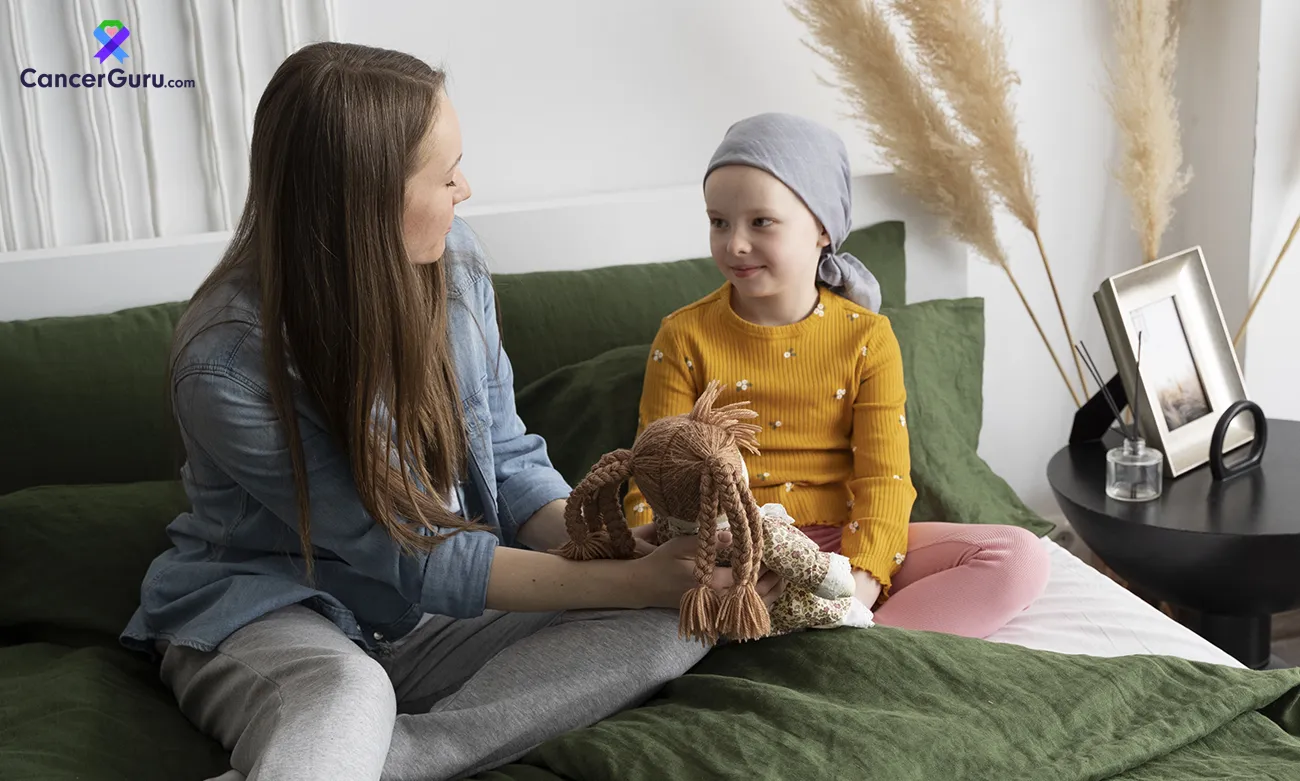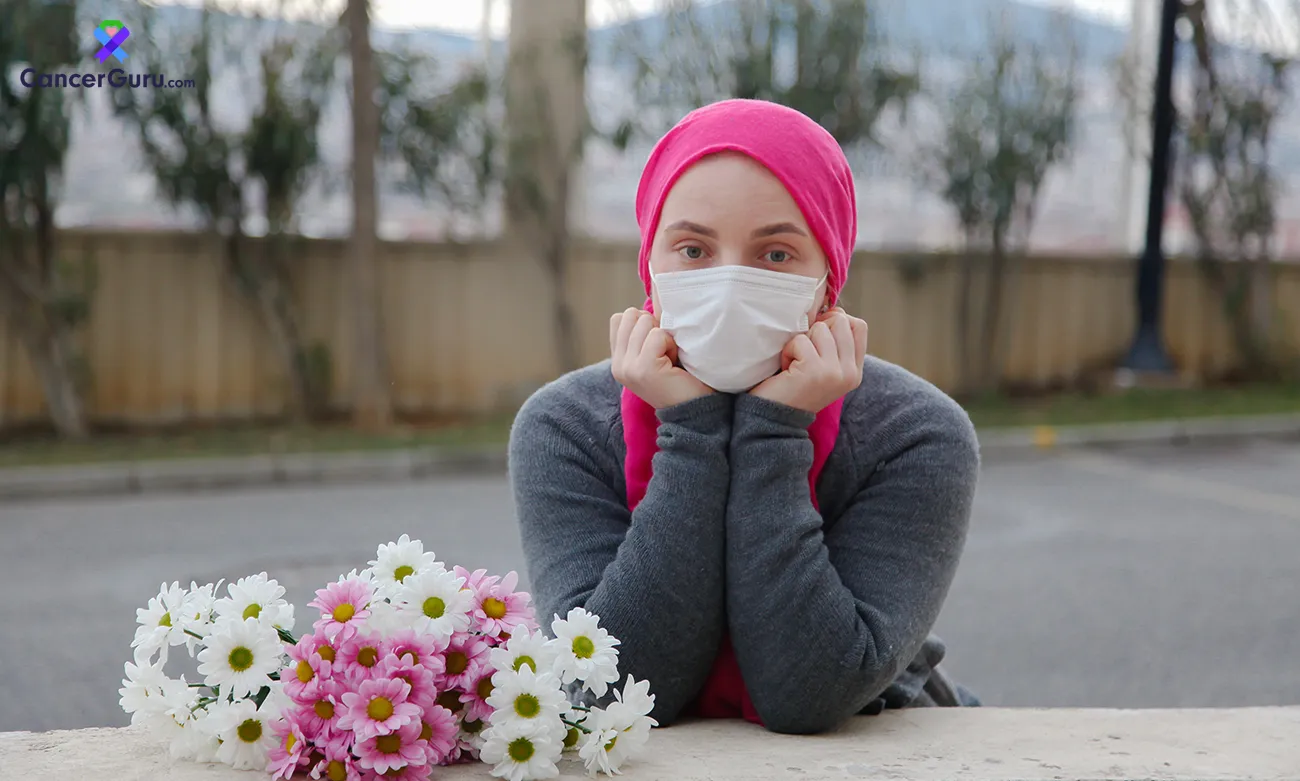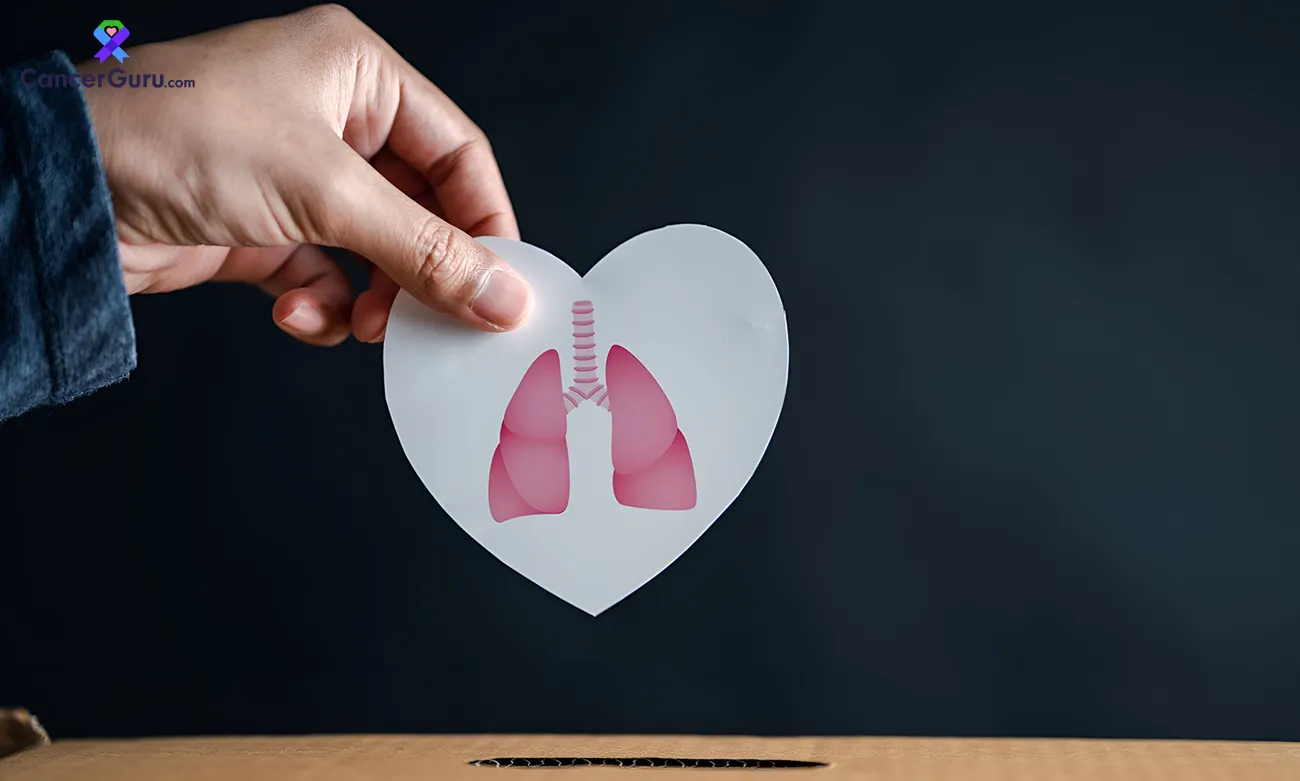- Email: [email protected]
- Contact: +1 (407)581-9000
How to Emotionally Support a Loved One with Cancer Tips for Caregivers
October 31, 2025

When someone you love is told they have cancer, it shakes everything around you. Your world changes in one moment. Suddenly, you’re not only dealing with your own emotions but also with the reality of how much your loved one is going through. You may feel scared, confused, helpless, or even lost. At the same time, you want to be strong for them, and you want to do everything possible to make their journey a little lighter.
Supporting someone with cancer is not only about being present during hospital visits or helping with chores. Emotional support plays a huge part in how they feel and cope each day. Cancer treatment can bring physical pain, but the emotional toll is often just as heavy. Fear of the future, stress from treatments, and the sense of life being uncertain can all take a deep emotional toll.
The good news is that you don’t need to have all the right answers or know the perfect words. Sometimes, just being there matters more than you realize. This guide is meant to help you find ways to emotionally support your loved one through the ups and downs of cancer, while also taking care of yourself along the way.
Why Emotional Support Matters
Cancer is not just a physical illness. It affects emotions, self-image, relationships, and even a person’s sense of hope. The treatments can be exhausting, but the emotional rollercoaster can be even harder. Anxiety, sadness, frustration, and fear are common feelings for patients.
This is where your role becomes powerful. Emotional support is like a cushion during the storm. It won’t take the storm away, but it can soften the blow. A loved one who feels emotionally supported may cope better with treatments, feel less alone, and even find moments of joy during tough times.
Your presence gives them strength. Your words can bring calm. And your listening ear can provide comfort when they feel overwhelmed.
Start with Just Being There
One of the simplest yet strongest ways to support someone with cancer is to just be there. You don’t always need to talk or give advice. Sometimes, your presence is enough. Sitting together in silence, watching a movie, or holding hands can mean the world.
People often worry about saying the wrong thing. You may feel nervous, thinking, “What if I upset them?” But remember, you don’t need perfect words. Most of the time, they’re not looking for solutions. They just want to know you’re not going to leave when things get hard.
Small actions can speak loudly. Driving them to appointments, making them a cup of tea, or simply checking in with a text shows they’re not alone in this journey.
Listen More Than You Speak
When someone is facing cancer, they often have a lot on their mind. They may want to talk about fears, frustrations, or things they miss doing. The best way to support them is by giving them space to talk without judgment.
Listening doesn’t mean you need to fix their feelings. It means letting them share openly. Nods, gentle smiles, or phrases like “I hear you” or “That sounds tough” can encourage them to keep going. Avoid rushing to comfort or changing the subject too quickly. Sometimes, they just want to release what’s inside.
Being a good listener also shows respect for their experience. It tells them that their feelings matter and that you value what they’re going through.
Interestingly, dogs trained only to detect breast cancer were later able to identify melanoma and lung cancer. This hints at the idea that different cancers might share a similar smell that trained dogs can recognize.
Be Honest but Gentle
Cancer often brings moments where the truth is hard to face. Your loved one may already know the seriousness of their condition, but they might still need honesty from you. Trying too hard to be cheerful or pretending everything is fine can sometimes make them feel more isolated.
It’s okay to admit you’re scared too. Sharing your honest feelings gently can help build a deeper bond. Saying something like, “I don’t always know what to say, but I want you to know I care deeply about you,” can feel more real than forced optimism.
At the same time, balance honesty with kindness. You don’t need to focus on negative possibilities or worst-case scenarios. Keep your words supportive while staying true to your feelings.
Respect Their Way of Coping
Every person with cancer reacts differently. Some people want to talk openly about everything, while others prefer to stay private. Some may want humor to lighten the mood, while others may not be ready for jokes. Respecting their way of coping is an act of love.
Try to notice how they handle things and follow their lead. If they want to share details about their treatment, listen closely. If they prefer silence, give them that space. Avoid pushing them to act a certain way or expecting them to stay positive all the time.
Let them feel what they need to feel. Some days they may cry, other days they may laugh. Both are okay. Your acceptance of their emotions gives them freedom to be themselves.
Offer Practical Support with Care
Although emotional support is about feelings, practical help often goes hand in hand. Everyday tasks can become overwhelming during treatment. Offering to cook a meal, handle laundry, or run errands can relieve stress.
But it’s important to ask first. Some people may want help, while others may prefer independence. Instead of saying, “Tell me if you need anything,” which can feel vague, try something specific like, “Can I bring dinner on Tuesday?” or “Would it help if I drove you to your appointment?”
This way, you’re showing that you care without making them feel pressured. Practical support, when done with sensitivity, can give them more energy to focus on their health and emotions.
Avoid Empty Phrases
When you don’t know what to say, it’s easy to fall back on common phrases like “Stay strong” or “Everything happens for a reason.” While these words are well-meaning, they can sometimes feel empty or even frustrating for someone going through cancer.
Instead, try to use words that show real care. Simple phrases like “I’m here with you,” or “This must be really hard,” feel more supportive. If you don’t know what to say, it’s okay to admit it. Saying, “I don’t have the right words, but I want you to know I care,” often feels more genuine than a cliché.
Keep Normalcy Alive
Cancer changes so many things, but not everything has to revolve around it. While treatment and hospital visits may take a lot of focus, your loved one may still want to talk about everyday life. Keeping some sense of normalcy can give them a break from the constant stress.
Chat about the latest book you read, share a funny story, or watch a favorite show together. These small moments can bring laughter and remind them that life is still full of little joys outside of cancer.
Normal conversations also help them feel like themselves again, instead of being defined only by their illness.
Be Patient Through Mood Changes
Cancer treatments can affect not only the body but also emotions. Pain, fatigue, or medication side effects may cause irritability, sadness, or sudden mood swings. Your loved one might say things they don’t fully mean or withdraw at times.
Patience is key here. Try not to take it personally. Instead, remind yourself that these mood changes are often part of the journey, not a reflection of how they feel about you.
If they need space, give it. If they need comfort, offer it. Your steady presence, even though ups and downs, will remind them that they’re not alone.
Encourage Rest and Self-Care Without Pushing
Rest is often necessary during cancer treatment, but sometimes patients feel guilty about not being active or productive. You can encourage them gently by saying things like, “It’s okay to rest, your body needs it right now.”
But avoid pushing. Let them choose what feels right for them. If they want to nap, let them nap. If they want to go for a short walk, support that too. Respecting their pace is part of emotional care.
Stay In Touch
If you can’t always be physically present, staying connected matters. Send short messages, write notes, or call just to check in. Even a simple “thinking of you” can brighten their day.
Consistency is what makes the difference. Many people show up in the beginning but fade away after weeks or months. Cancer journeys can be long, so being there consistently shows lasting care.
Learn About Cancer Without Overwhelming Them
Having some knowledge about what your loved one is going through can help you understand their challenges better. You might read about treatment side effects or ways to manage fatigue. But keep in mind, you don’t need to act like an expert.
Use your knowledge to be more compassionate, not to correct or control their choices. Avoid overwhelming them with too much information unless they ask for it. Sometimes, just knowing you care enough to learn is enough for them.
Learn About Cancer Without Overwhelming Them
Having some knowledge about what your loved one is going through can help you understand their challenges better. You might read about treatment side effects or ways to manage fatigue. But keep in mind, you don’t need to act like an expert.
Use your knowledge to be more compassionate, not to correct or control their choices. Avoid overwhelming them with too much information unless they ask for it. Sometimes, just knowing you care enough to learn is enough for them.
Respect Their Privacy
Cancer is deeply personal, and not everyone wants their story shared. Before talking to others about their condition, always ask for permission. Some may want to keep details private, while others may be more open.
Respecting their privacy shows trust and protects their dignity. It also gives them control during a time when they may feel they’ve lost control in other areas.
Celebrate Small Wins
During cancer treatment, even small victories matter. Finishing a round of treatment, having a good day without pain, or regaining appetite can all be reasons to celebrate.
Acknowledging these wins doesn’t need to be big. A smile, a hug, or a heartfelt “That’s great news” can make the moment brighter. Small celebrations remind them that progress is happening, even in small steps.
Take Care of Yourself Too
Supporting someone with cancer can be emotionally draining. You may feel tired, stressed, or even helpless at times. That’s why it’s also important to care for your own mental health.
Talk to a friend, join a support group, or take time to rest. You can’t pour from an empty cup, and your loved one needs you to stay strong, too. By caring for yourself, you’ll be better able to give genuine support.
Be Flexible and Adaptable
Cancer journeys are rarely predictable. Plans may change at the last minute due to sudden fatigue, medical appointments, or unexpected side effects. Being flexible helps your loved one feel less pressured.
Cancer journeys are rarely predictable. Plans may change at the last minute due to sudden fatigue, medical appointments, or unexpected side effects. Being flexible helps your loved one feel less pressured.
Keep Hope Alive Without Forcing Positivity
Hope doesn’t always mean expecting a cure. Sometimes, it means finding joy in today, enjoying a laugh, or looking forward to a small event. Encouraging hope is different from forcing positivity.
You don’t need to tell them to “think positive” all the time. Instead, help them notice the small, good things around them. A beautiful sunset, a visit from a friend, or even a quiet moment together can bring hope.
Support Their Choices
When facing cancer, patients often have to make hard choices about treatments or lifestyle changes. Your role isn’t to decide for them but to support their decisions. Even if you don’t fully agree, showing respect for their choices gives them a sense of control.
You can ask questions or share your concerns gently but always keep their voice at the center. Cancer already takes away a lot of control, so respecting their decisions is part of giving emotional support.
Be There Long-Term
The emotional needs of someone with cancer don’t end after treatment or when the hospital visits slow down. The aftereffects, both emotional and physical, can last for months or even years. Some people feel a strong fear of recurrence or struggle to adjust after treatment ends.
Being there long-term, even when the crisis phase has passed, can make a deep difference. Check in, spend time together, and let them know your care is not tied only to their illness.
Final Thoughts
Supporting a loved one with cancer is not about grand gestures or perfect words. It’s about a steady presence, open listening, respect, and kindness. It’s about showing up in the everyday moments, being patient through the hard ones, and holding onto hope even when the path is uncertain.
Cancer can take away many things, but it doesn’t take away love. And your love, shown through emotional support, can bring strength, comfort, and peace to someone who needs it most.
Ratings and reviews
-
No comment (10 Nov 2025)










